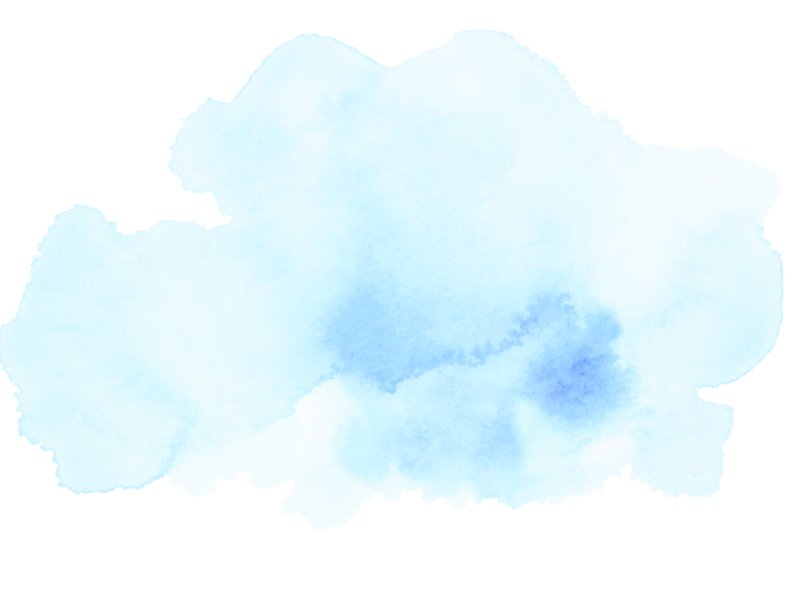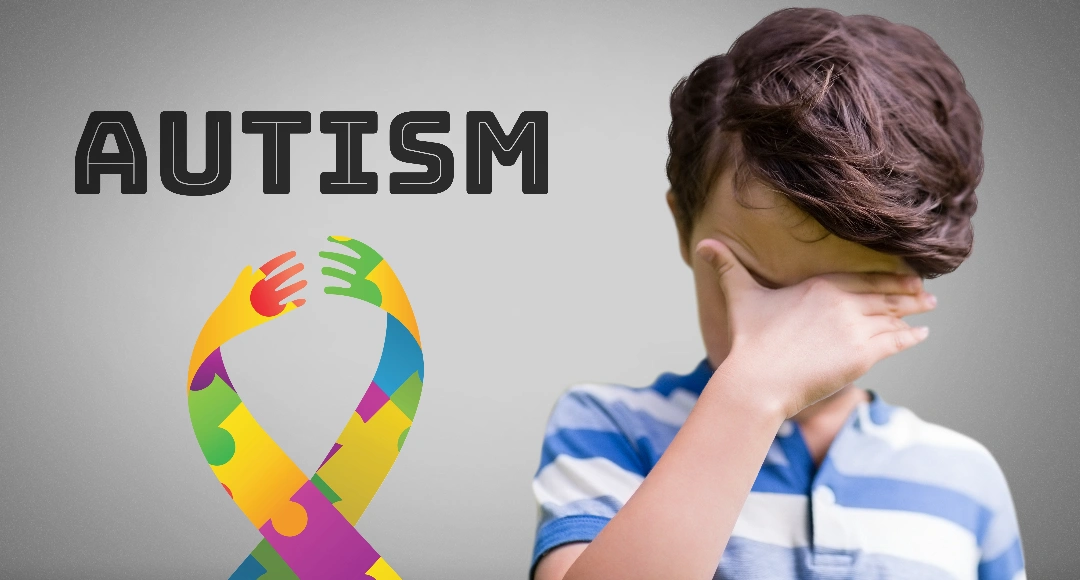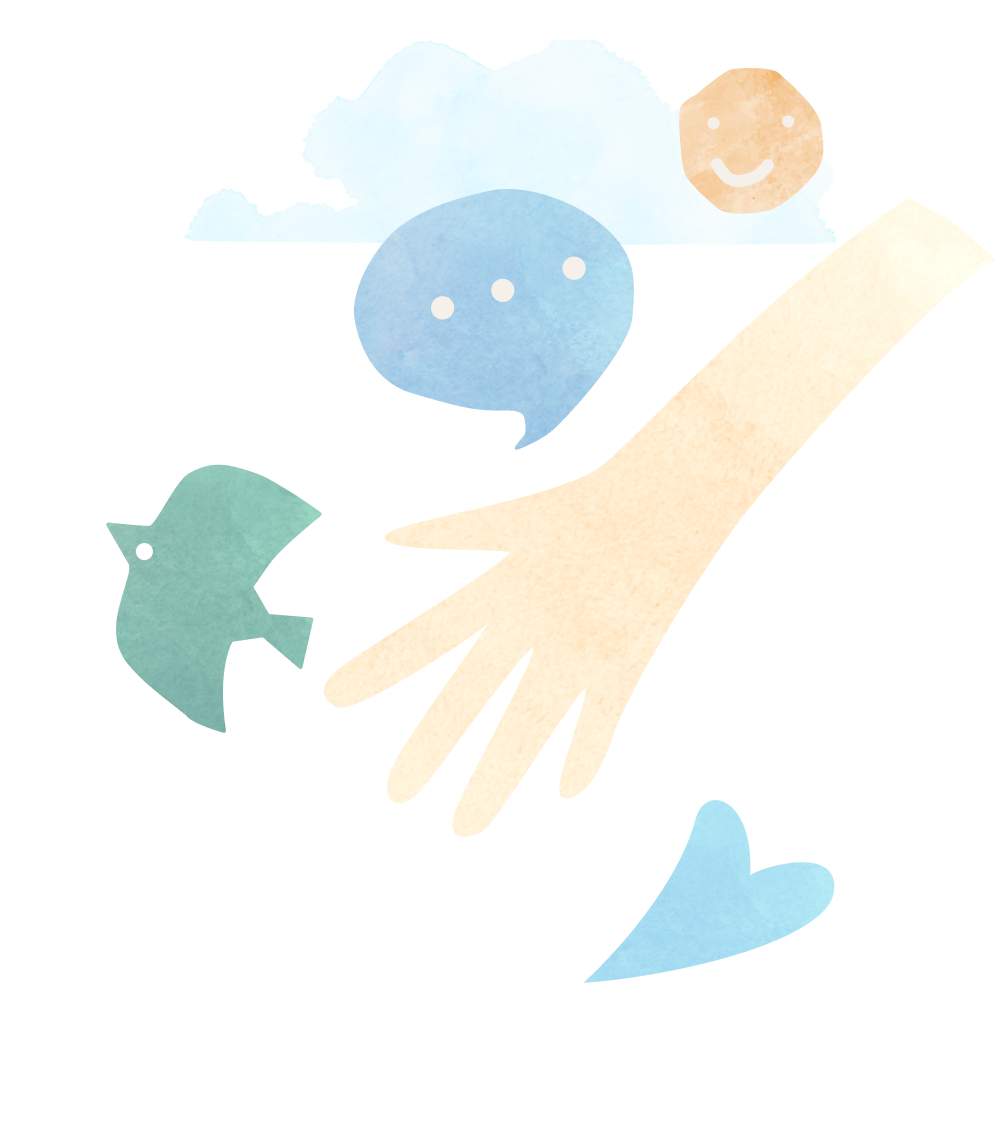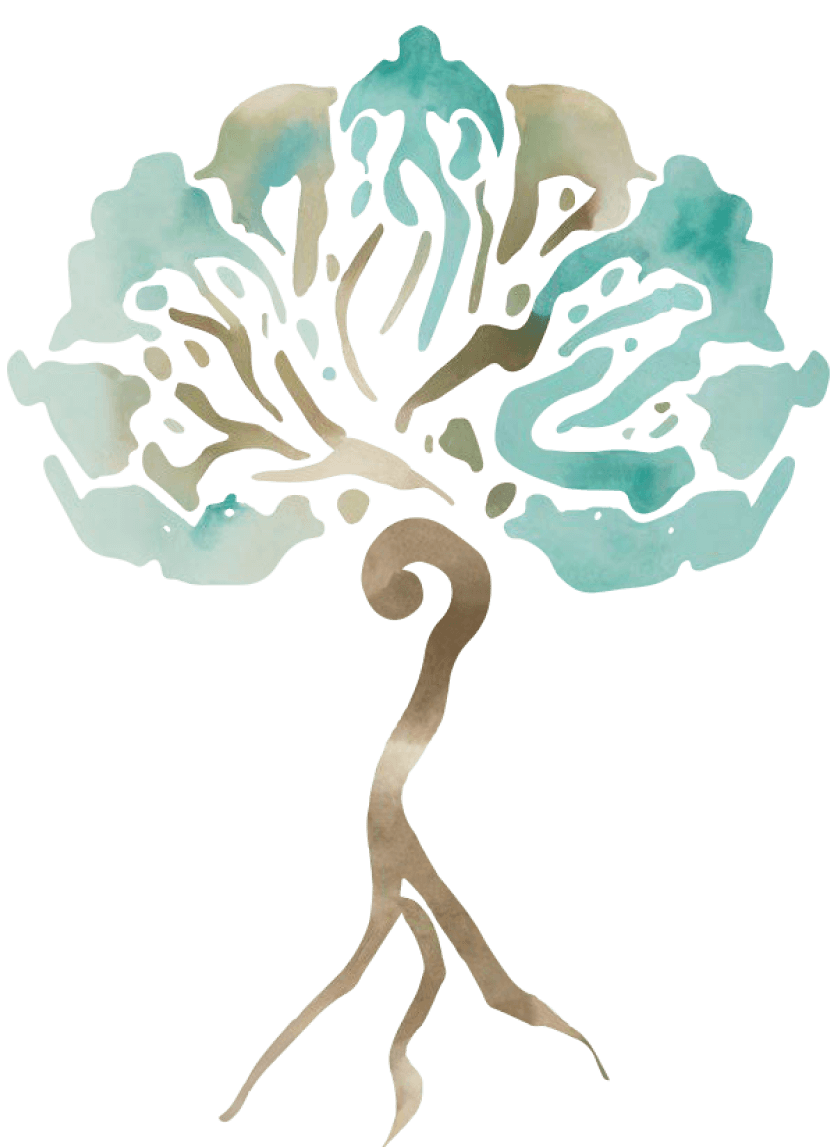Autism
Autism, or Autism Spectrum Disorder (ASD), is a neurodevelopmental disorder. The term “spectrum” is used because the severity of symptoms varies widely among individuals with autism.
What is autism?
Autism, or Autism Spectrum Disorder (ASD), is a neurodevelopmental disorder. The term “spectrum” is used because the severity of symptoms varies widely among individuals with autism. In Singapore, autism affects one in 150 children, which is more than the global rate of one in 160 children reported by the World Health Organization.
The common issues that children who have autism face include difficulties in understanding and interpreting social cues, challenges in forming and maintaining relationships, delayed or atypical language development, and a tendency towards repetitive behaviours or restricted interests.
Sensory issues, such as sensitivity to certain sounds, lights, or textures, are also common. While autism is a lifelong condition, timely intervention and appropriate support can improve the quality of life for children with autism.


What causes autism?
The exact cause of autism is not fully understood, but it is likely to involve a combination of genetic, neurological, and environmental factors.
- Genetic factors: Most cases of autism tend to be linked to genetic mutations or variations. Research suggests that certain gene mutations may increase the risk of developing autism, and some cases may be associated with specific genetic syndromes. However, not all individuals with autism have identifiable genetic markers.
- Neurological factors: Differences in brain structure and function have been observed in children with autism. Research suggests that during early development, autistic children show enlarged amygdalae, a brain structure associated with emotions and social processing. However, this size difference tends to stabilise as they grow older. Studies reveal that autistic individuals have reduced amounts of brain tissue in specific areas of the cerebellum, the brain structure located at the base of the skull.
- Environmental factors: It is believed that environmental factors may also contribute to the development of autism. Factors such as prenatal complications, exposure to certain drugs or chemicals during pregnancy, and complications during birth have been studied in relation to autism risk. However, the specific environmental factors and their interactions with genetic factors are still being investigated.
- Prenatal and perinatal factors: Research suggests that certain prenatal and perinatal factors, such as maternal exposure to certain medications, advanced paternal age, infections during pregnancy, or complications during birth, may be associated with an increased risk of autism.
What are the symptoms of autism?
The symptoms of autism vary widely from one individual to another. The symptoms typically emerge in early childhood and continue throughout life. Common signs and symptoms of autism include:


- Social challenges:
-
- Difficulty in social interactions and relationships.
- Limited or atypical use of nonverbal communication, such as gestures and facial expressions.
- Challenges in forming and maintaining friendships.
- Difficulty understanding and responding to social cues.
- Communication difficulties:
-
-
- Delayed language development or absence of spoken language.
- Unusual use of language, such as repeating phrases, also known as echolalia, or using language in a rigid, repetitive manner.
- Challenges in initiating and sustaining conversations.
-
- Repetitive behaviours:
-
-
- Engaging in repetitive movements or activities, such as hand-flapping or rocking.
- Developing intense, specific interests that are pursued with great focus.
- Resisting change in routines and rituals.
-
- Sensory sensitivities:
-
-
- Heightened or diminished sensitivity to sensory stimuli, such as lights, sounds, textures, or smells.
- Unusual reactions to sensory input, such as covering ears in response to loud noises.
-
- Difficulty with transitions:
-
- Challenges in transitioning from one activity to another.
- Resistance to changes in environment or routine.
- Motor skills challenges: motor coordination difficulties, which may result in clumsiness or awkward movement.
However, the severity and combination of these symptoms can vary widely. Some individuals with autism may excel in certain areas while facing significant challenges in others. Timely intervention by experts, such as psychiatrists and other mental health professionals, can contribute to the improved well-being and development of children and youngsters with autism.
What are the struggles of being autistic?
The challenges associated with autism can pose difficulties, especially for children and youngsters. Social struggles, communication barriers, sensory sensitivities, and difficulty adapting to changes can contribute to feelings of frustration, isolation, or stress. For some individuals, especially children with autism, these challenges may lead to emotional distress.
Who is at risk of autism in Singapore?
While the exact cause of autism is not fully understood, some factors may contribute to an increased risk. However, having one or more risk factors does not guarantee that an individual will develop autism, and many individuals with autism do not have identifiable risk factors. Children with the following risk factors may be at an increased risk of autism in Singapore:


- Advanced parental age: Some studies suggest a link between advanced parental age, particularly in fathers, and an increased risk of autism.
- Preterm birth and low birth weight: Babies born prematurely or with low birth weight may be at a slightly increased risk of developing autism.
- Gender: According to the Centers for Disease Control, autism is more commonly diagnosed in males than females, with boys being at a higher risk. However, the reasons for this gender difference are not fully understood.
How is autism diagnosed?
The diagnosis of Autism Spectrum Disorder (ASD) is confirmed after a thorough medical evaluation that involves observing the child’s behaviour, assessing their developmental history, and considering input from parents, caregivers, and teachers. The diagnostic process may involve the following steps:
- Developmental screening: Developmental screenings are conducted during routine visits to assess whether a child is meeting developmental milestones. Further evaluation of serious concerns related to developmental delays may be necessary. This evaluation involves gathering information about the child’s behaviour, communication skills, social interactions, and play.
- Autism-specific screening tools: Standardised tools and questionnaires designed to assess autism symptoms may also be employed. Examples include the Autism Diagnostic Observation Schedule (A-DOS) and the Autism Diagnostic Interview-Revised (ADI-R).
- Observation: Professionals, such as psychiatrists, psychologists, or developmental paediatricians, may observe the child in different settings to assess social interactions, communication, and repetitive behaviours.
- Medical evaluation: A medical evaluation is often part of the process to rule out any medical conditions or genetic syndromes that may be associated with autism or similar symptoms.
- Collaborating with other professionals: In some cases, input from other professionals, such as speech and language therapists, occupational therapists, and educators, may be required for a detailed understanding of the child’s strengths and challenges.
The diagnostic criteria for ASD are outlined in the Diagnostic and Statistical Manual of Mental Disorders (DSM-5), published by the American Psychiatric Association. The criteria include impairments in social communication and the presence of restricted, repetitive behaviours.
If you are concerned about your child’s development or behaviour, seek guidance from healthcare professionals, such as paediatricians, mental healthcare professionals, or developmental specialists, who can help you with a detailed medical evaluation of your child.

What are the treatment options for autism in Singapore?
While there is no cure for autism, early intervention and tailored treatments utilising a multidisciplinary approach can significantly improve outcomes. Here are some common approaches and interventions for individuals with autism in Singapore:
- Educational therapies:
-
-
- Speech therapy: Many children with autism face challenges in communication. In case of these symptoms, speech therapy can help improve the child’s language skills, communication, and social interaction.
- Occupational therapy: Occupational therapy helps autistic children overcome difficulties with fine and gross motor skills, sensory sensitivities, and daily activities.
-
- Social skills training: Social skills training improves an individual’s ability to interact with others, understand social cues, and handle social situations.
- Medications: In some cases, the psychiatrist may prescribe medications to manage specific symptoms associated with autism, such as anxiety, aggression, or hyperactivity. However, medication is not a primary treatment for the core features of ASD.
- Parent and caregiver training: Programmes are recommended for parents and caregivers to support their child’s development, manage challenging behaviours, and create a supportive home environment.
- Therapeutic recreation: Activities such as art, music, and recreational therapies can provide enjoyable and therapeutic outlets for children and youngsters with autism.
- Early intervention programmes: Early intervention services, often initiated during the preschool years, can be utilised to address developmental delays and promote social, cognitive, and communication skills.
If you are concerned about your loved one’s mental health and suspect the possibility of autism, please schedule an appointment with Connections MindHealth (CMH) for a thorough diagnosis and personalised intervention programs.
Frequently asked questions
Can autism be diagnosed at a young age?
Yes, early diagnosis is possible. If you observe developmental concerns or behavioural differences, consult a psychiatrist for a proper evaluation and timely intervention.
Is there a cure for autism?
Currently, there is no cure for autism, but early intervention and therapies can improve the quality of life for children and youngsters with autism.
How do sensory sensitivities impact children with autism?
Sensory sensitivities are common among children with autism; they can affect responses to stimuli like sounds or textures. Occupational therapy can provide strategies to manage and cope with sensory issues.
Can children outgrow autism?
While children may show improvement with proper intervention, autism is a lifelong condition. Early and ongoing support can help manage everyday life challenges for children with autism.
Is autism and ADHD the same?
No. Although both are neurological disorders and share similar symptoms, they are not the same. However, an individual can be diagnosed with both autism and ADHD at the same time.

Reach out towards recovery
Readily available help
There are numerous resources catered specifically for young adults, including counselling services at colleges and universities, and employee assistance programs (EAP) at many workplaces.
Confidentiality
We respect your privacy—any discussions you have with us are kept strictly confidential.
Holistic wellbeing
Your mental health matters just as much as your physical health. Taking care of your mind is a crucial part of your overall wellbeing.

